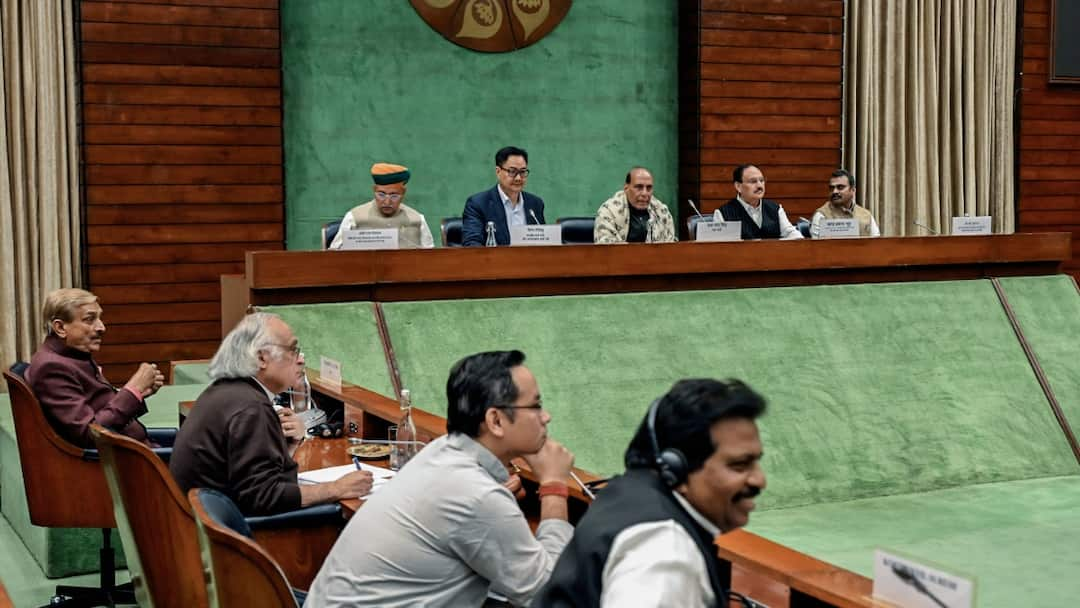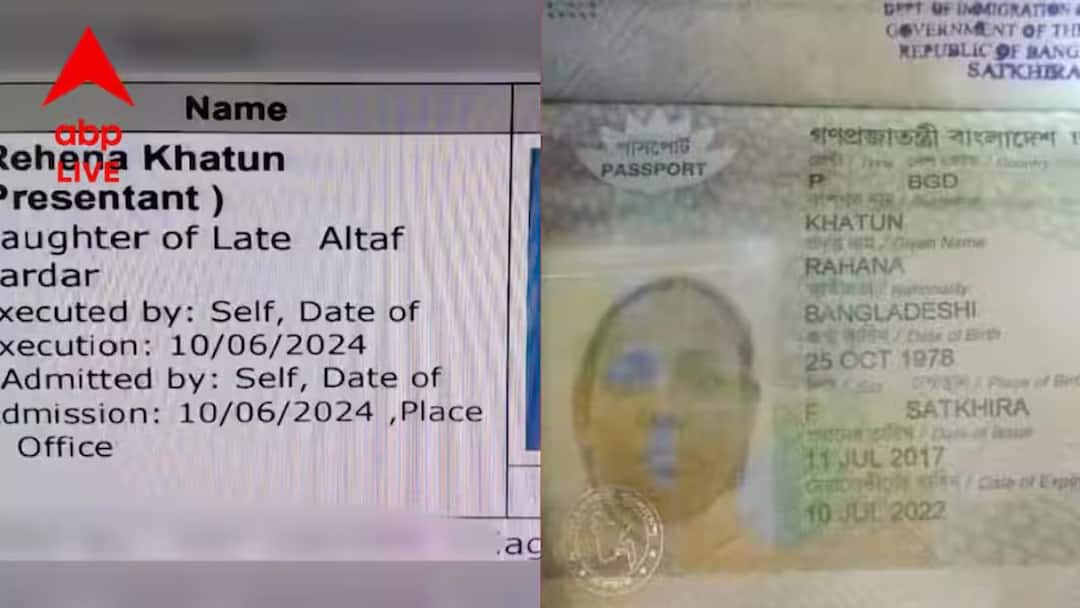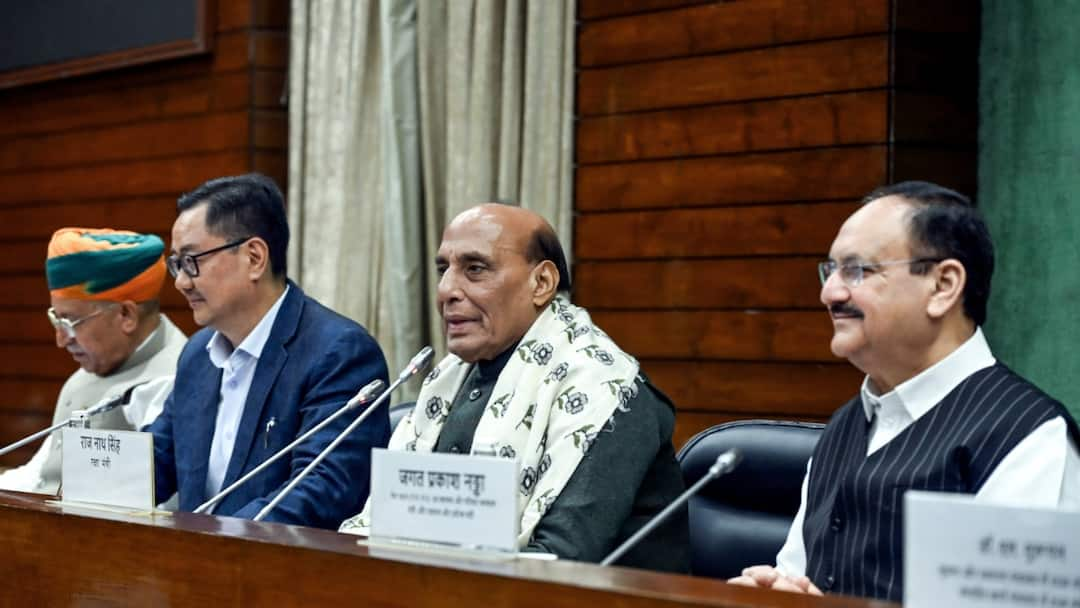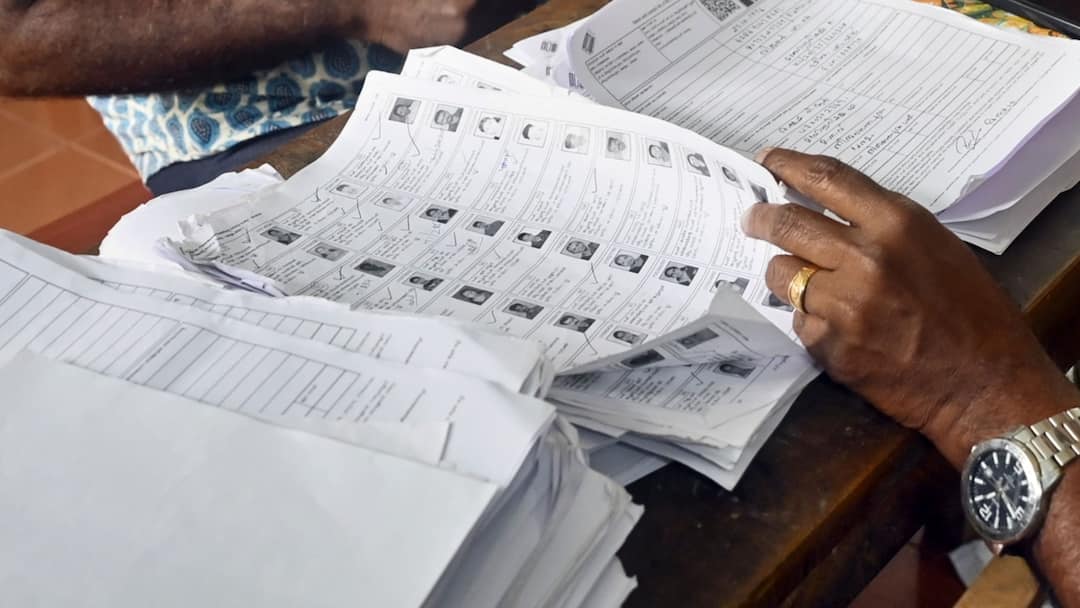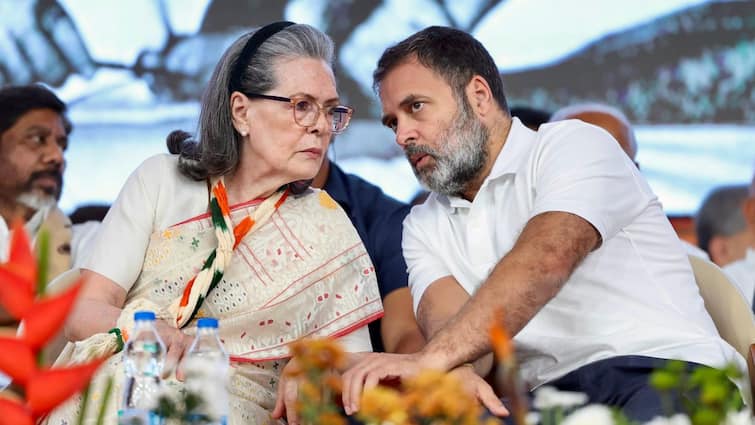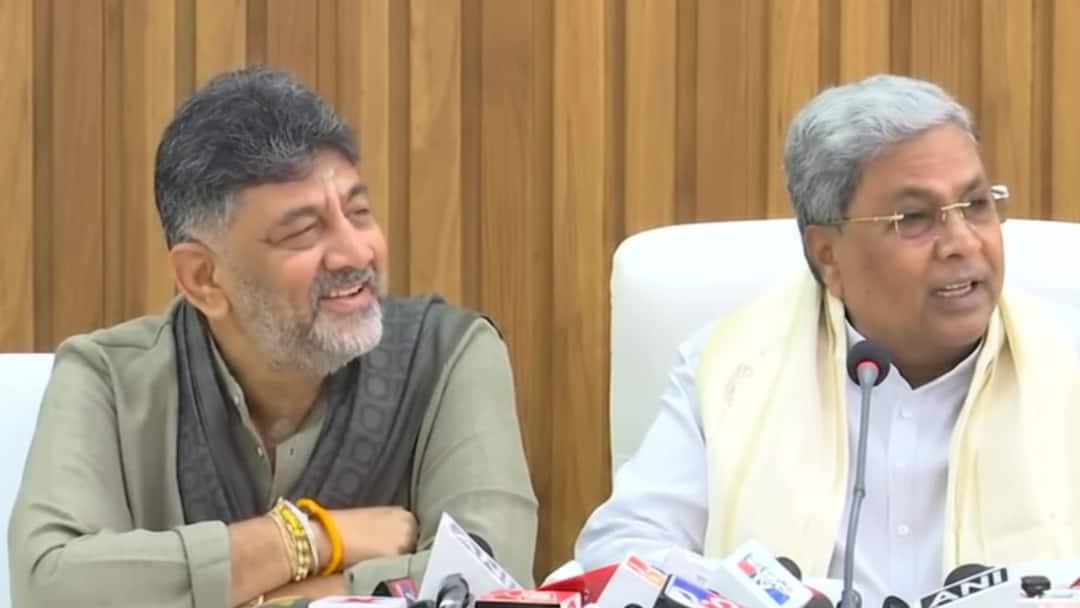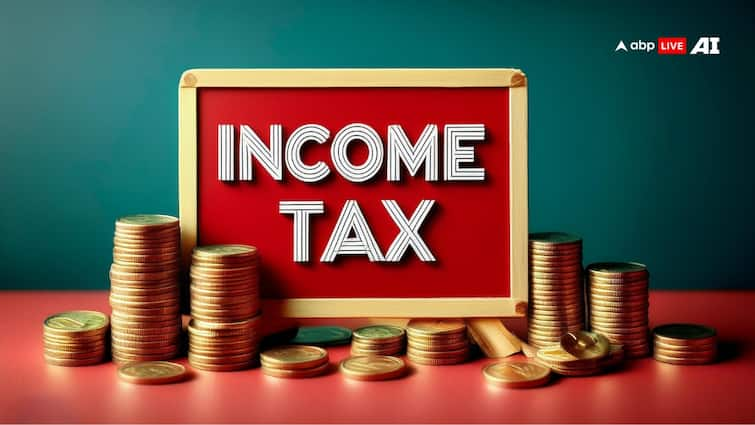
New Income Tax Bill: The Union Cabinet has reportedly given its nod to a new Income Tax Bill aimed at simplifying India’s tax framework and modernising compliance procedures, as reported by PTI citing sources. If the report holds true, the bill is now likely to be introduced in the Lok Sabha next week. Set to replace the 1961 legislation, the updated law is designed to minimise legal complexities and foster a more taxpayer-friendly environment without introducing additional taxes.
Finance Minister Nirmala Sitharaman first announced the Narendra Modi Government’s intent to overhaul the tax framework during her Budget 2024 presentation. The bill, slated to be implemented from the financial year 2025-26, will impact taxpayers from the assessment year 2026-27 onward.
Updated Tax Slabs & Rates
As announced earlier, the new tax structure will feature streamlined income slabs:
- Up to Rs 4,00,000: No tax
- Rs 4,00,001 to Rs 8,00,000: 5 per cent
- Rs 8,00,001 to Rs 12,00,000: 10 per cent
- Rs 12,00,001 to Rs 16,00,000: 15 per cent
- Rs 16,00,001 to Rs 20,00,000: 20 per cent
- Rs 20,00,001 to Rs 24,00,000: 25 per cent
- Rs 24,00,001 and above: 30 per cent
Easier Compliance & Shorter Legal Texts
A key objective of the proposed bill is to streamline legal language and reduce the overall size of tax regulations by 50 per cent. The bill is expected to feature shorter sentences, clearer provisions, and concise explanations. These changes aim to make the tax laws easier for the average taxpayer to understand and comply with.
The Finance Secretary on Thursday emphasised that the bill prioritises simplification and will focus on lowering penalties for certain infractions while maintaining fairness in the system.
Focus On Litigation Reduction & Taxpayer Certainty
The proposed framework intends to address longstanding issues around litigation. By introducing clearer definitions and exceptions to anti-abuse provisions, the Government aims to eliminate ambiguities that have led to disputes in the past.
Tax experts anticipate further reforms, including the convergence of multiple tax regimes into a more unified system, thereby reducing the compliance burden for various categories of taxpayers, including individuals, companies, and cooperative societies.
The bill is seen as a step toward creating a modern, streamlined tax regime in India, with a focus on reducing administrative burdens and fostering a climate of trust and fairness for taxpayers.
Doonited Affiliated: Syndicate News Hunt
This report has been published as part of an auto-generated syndicated wire feed. Except for the headline, the content has not been modified or edited by Doonited




